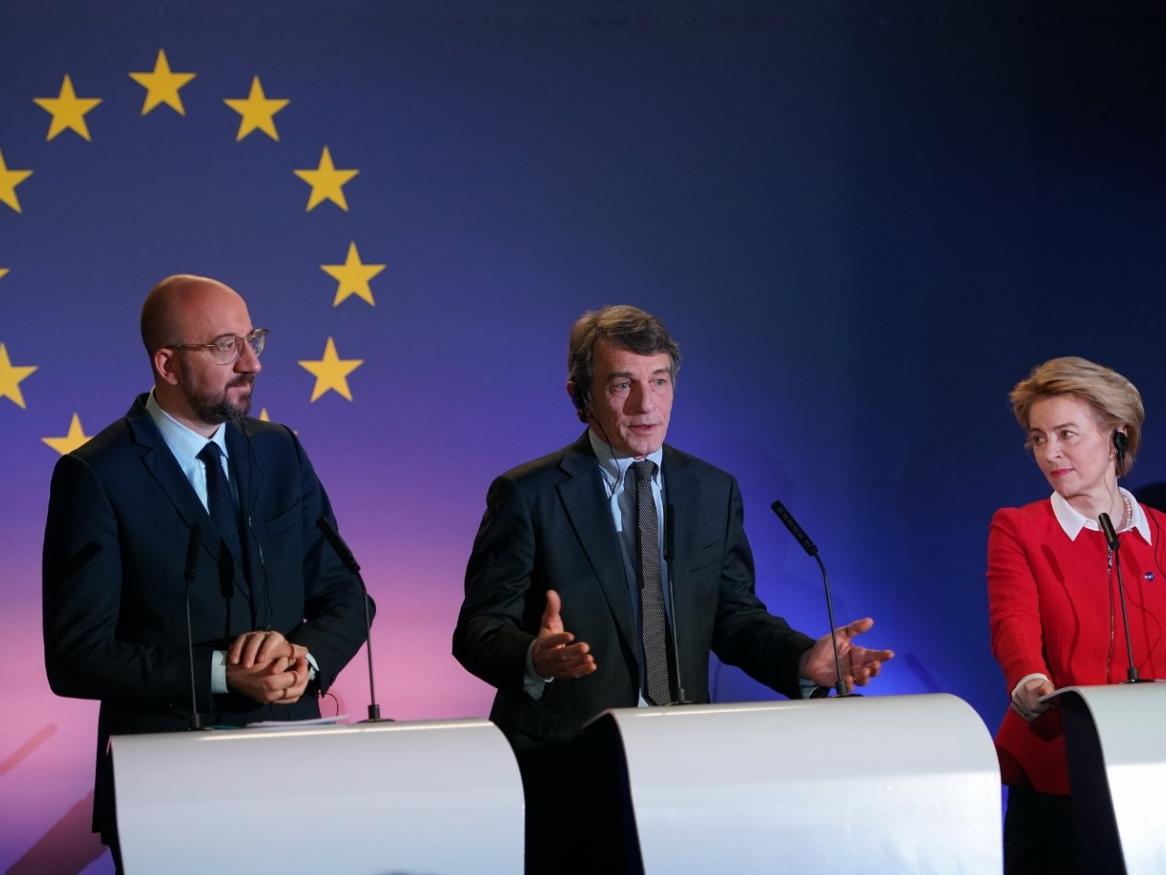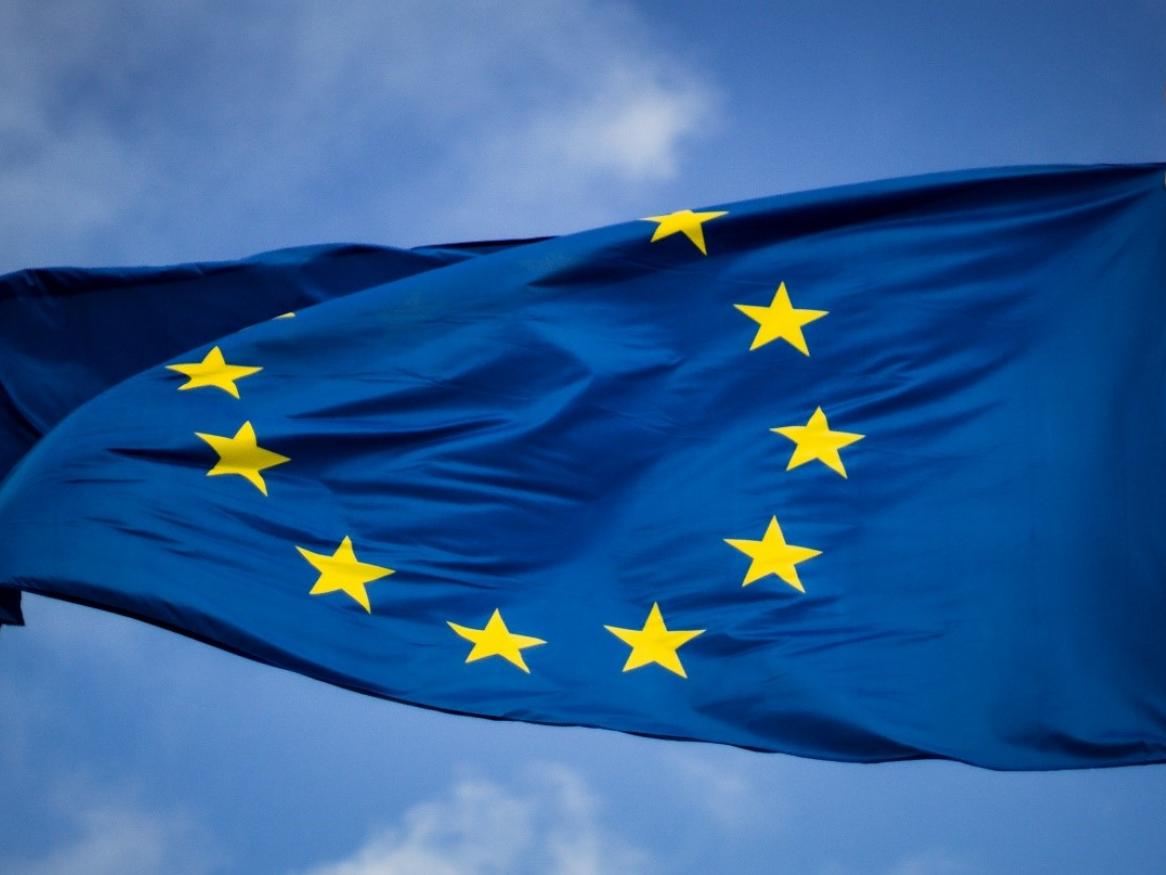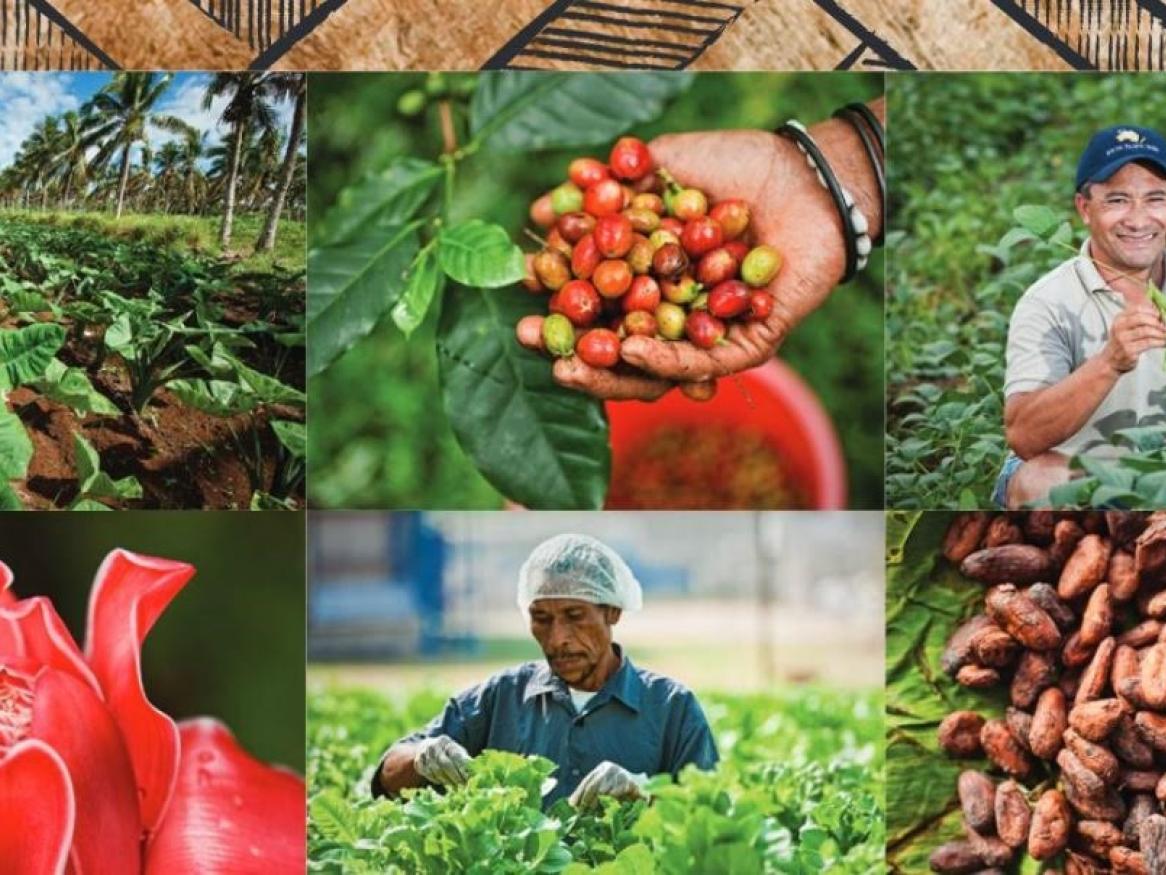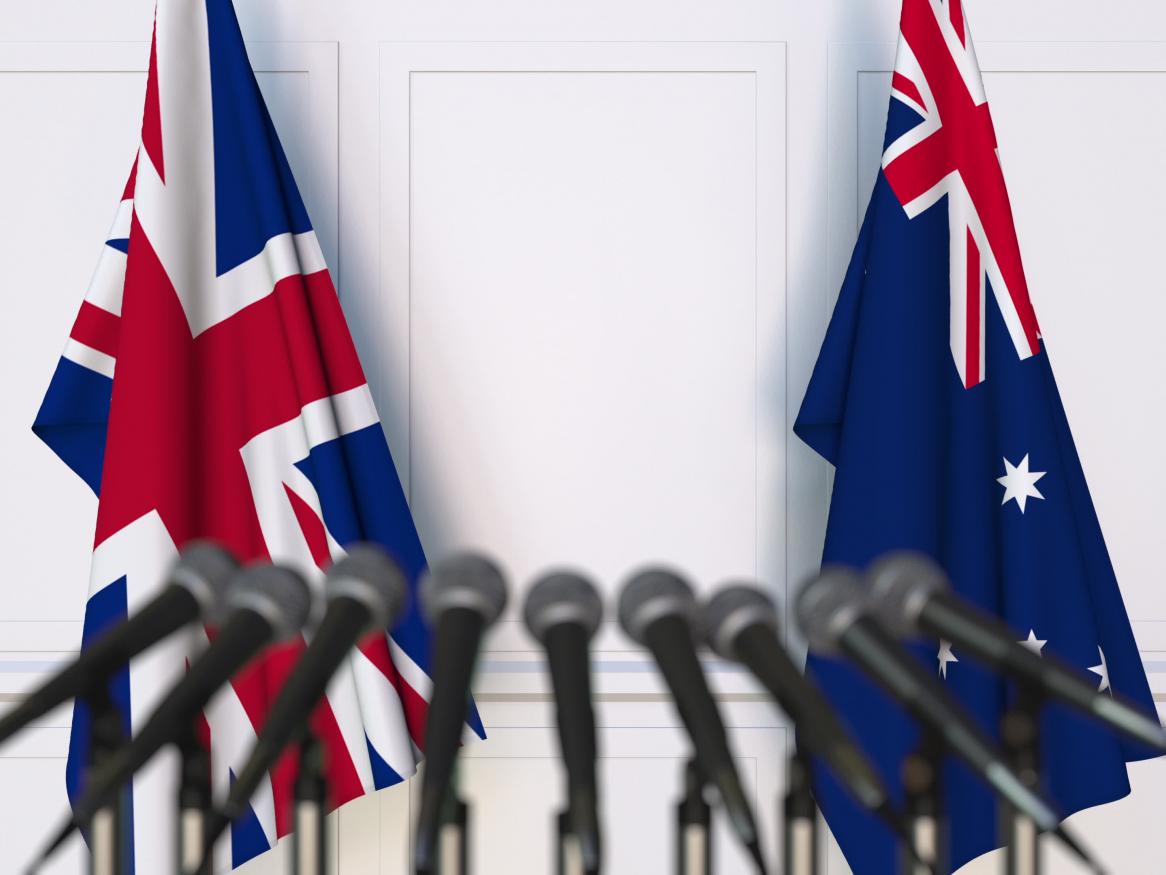News: Preferential Trade Agreements
New research highlights knowledge and skills gaps in key trade areas for business

The United Kingdom (UK) ceased to be a member of Europe’s single market and customs union on 1 January 2021, triggering enormous changes in patterns of trade between the UK, Europe and Australasia, and generating new regulatory and legal barriers between markets that previously experienced almost frictionless movements of goods, services and people.
[Read more about New research highlights knowledge and skills gaps in key trade areas for business]
Can progress be made multilaterally on agricultural trade?

The WTO has been experiencing deadlock in its negotiating function since the collapse of the Doha Round. This threatens to undermine the legitimacy of the WTO, and drive Members to seek progress outside the organization. The difficulties of agricultural negotiations offer a microcosm for understanding the wider multilateral universe. Against this background, a group of academics, former high-level officials of international institutions and former negotiators have come together to try to inject some new energy and new ideas into the multilateral process in a project called “New Pathways”.
[Read more about Can progress be made multilaterally on agricultural trade?]
Australia in the African Century

Dr Lauren A. Johnston is Research Associate at SOAS China Institute, Visiting Senior Lecturer, Adelaide University Institute of International Trade and Founding Director, New South Economics.
Last month’s inaugural ‘Quad’ – Australia, India, Japan and USA – leaders’ call drew attention to Australia’s Indo-Pacific strategic re-positioning. The “Indo” of that debate has so far focused mainly on ties with Indian Ocean majors - Indonesia and India.
Putting “Values” into Value Chains in an Era of System Rivalry

Naoise McDonagh, Lecturer in Political Economy, Institute for International Trade.
The EU and U.S. have a history of using trade agreements to project their value-systems on trading partners. The EU is forthright about this goal, stating: “projecting our rules and values in trade agreements helps the EU shape globalisation, especially on issues like human rights, working conditions and environmental protection”
[Read more about Putting “Values” into Value Chains in an Era of System Rivalry]
Pursuing an Open Strategic Autonomy trade policy against China: Expect policy fluidity

Weinian Hu is Research Fellow at the Centre for European Policy Studies, Belgium. The EU’s Open Strategic Autonomy policy approach was first revealed under the Commission’s recovery plan post-Covid, which was released in May 2020.
Putting the Comprehensive Agreement on Investment (CAI) into perspective: Five key points

Bryan Mercurio is Simon F.S. Li Professor of Law at the Chinese University of Hong Kong. On 30 December 2020, the European Union (EU) and China ‘in principle’ concluded negotiations on a Comprehensive Agreement on Investment (CAI). The European Commission published the text of the CAI on 22 January 2021. The agreement has been welcomed by the business community but criticised by civil society and the United States (US).
The EU-China Investment Deal: Perspectives of the European services sectors on new opportunities in the world’s second largest economy

Dr Pascal Kerneis is Managing Director of the European Services Forum, Brussels.
On 30 December 2020, the European Union and China have concluded in principle the negotiations for a Comprehensive Agreement on Investment (CAI). What could this agreement bring to European service businesses?
Pacific Trade Agreement Opens Door for Travel Bubble and Rule of Law

Jim Redden; Director, Economic Development Services Ltd. Visiting Fellow, Institute for International Trade, Adelaide University and Peter Draper
Executive Director, Institute for International Trade, Adelaide University.
A ground-breaking trade agreement set to enter into force on December 13th (soon to be announced by Trade Minister Birmingham) could open the door for a regional travel corridor between Australia, New Zealand and most Pacific Island countries, while reinforcing the importance of a rules-based trade order in the region.
[Read more about Pacific Trade Agreement Opens Door for Travel Bubble and Rule of Law]
Australia-UK relations and the CPTPP

Richard Pomfret, Professor of Economics & Jean Monnet Chair Economics of European Integration, the University of Adelaide.
On 17 September Jean Monnet Chair Richard Pomfret participated in an online discussion on Potential Benefits Of An Australia-Uk Free Trade Agreement with Elisabeth Bowes, Chief Negotiator, Regional Trade Agreements Division, Department of Foreign Affairs and Trade, and Vivien Life, Director Asia and Australasia Negotiations within the UK Department for International Trade. The webinar was chaired by Peter Draper, Executive Director of the Institute for International Trade at The University of Adelaide.
Report on Potential Benefits of an Australia-UK Free Trade Agreement

IIT hosted an online discussion on potential benefits of an Australia-UK free trade agreement with Elisabeth Bowes, Chief Negotiator, Regional Trade Agreements Division, Department of Foreign Affairs and Trade (DFAT), and Vivien Life, Director Asia and Australasia Negotiations within the UK Department for International Trade. The two negotiators emphasized the like-mindedness of the UK and Australia when it came to international trade, implying that an agreement could be reached speedily.
[Read more about Report on Potential Benefits of an Australia-UK Free Trade Agreement]
This work is licensed under Commons Attribution-NonCommercial-NoDerivatives 4.0 International License.
IIT is a global leader in researching, analysing and commenting on International Trade.
Stay informed about our up-and-coming seminars, events, publications, awards, new projects and collaborations, and other exciting news.
